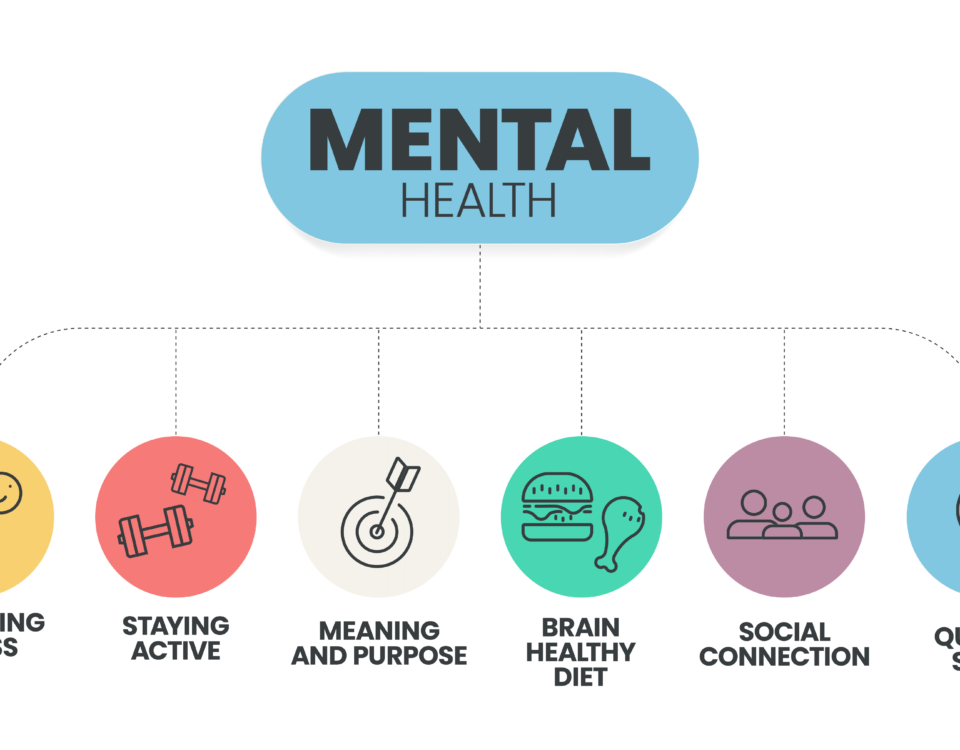What Is the Drug Pink Made of?
Over the last two decades, the opioid epidemic has taken the lives of thousands in the United States. As time goes on, more and more substances laced with fentanyl are being found. But that’s not the only danger. Other illicit opioids have joined their counterparts on the streets, including one known as U-47700 or “pink.” To better understand this substance, we have to ask questions like, “what is the drug pink made of?” Keep reading to explore with us.
What Is the Drug Pink?
U-47700 is a pink-colored synthetic opioid, which is why it’s known by names like “Pink” or “Pinky.” Synthetic opioids are man-made versions of naturally occurring opioids, like morphine, that are designed to mimic the effects of prescription and illicit opioids like Dilaudid or heroin.
This pink synthetic drug was originally developed in the 1970s by the pharmaceutical company Upjohn as an effective pain reliever for use in surgery, cancer, or painful injuries. However, it never became commercially available, which is why so little is known about both the ingredients and side effects of the pink drug in people.
Like fentanyl (another deadly synthetic opioid), U-47700 (pink) can be toxic and deadly even in small doses. In fact, the pink opioid drug is thought to be 8 times stronger than morphine.
When reports of pink drug use escalated in 2015, the Drug Enforcement Agency (DEA) temporarily classified U-47700 as a Schedule I drug. Drugs in this schedule have a high potential for abuse and no accepted medical use in the U.S.
Pink produces similar side effects to other opioids by binding to opioid receptors in the brain and body, relieving pain, and stimulating the release of dopamine. As a result, people who use pink may experience side effects like:
- Euphoria
- Sedation
- Relaxation
- Sense of well-being
- Pinpoint pupils
- Nodding in and out of consciousness
- Impaired judgment and motor movement
- Impaired coordination
- Slowed heart rate and breathing
- Constipation
- Itchiness in the face or arms
Opioids like pink are notorious for impairing functions like heart rate and breathing to the point where the individual loses consciousness and even slips into a coma. Because pink is so potent, many drug dealers use it as an additive – similar to fentanyl – to make other drugs weigh more.
So not only is it potent when taken alone, but it also increases the chances of overdose and death in users who unknowingly take other drugs that are laced with pink. If you’ve become addicted to pink or other opioids, reduce your chances of overdose and other permanent consequences with the help of medically monitored detox.
Getting into treatment is easy with our free insurance verification
"*" indicates required fields
What Is Pink the Drug Made Of?
Nowadays, U-47700 is believed to originate from China, and the identity, purity, and ingredients in any one batch purchased off the street are unknown. A user may be told that they’re purchasing heroin when, in fact, they’re buying the pink powder drug.
The chemical makeup of the pink drug is 3,4-dichloro-N-[2-dimethylamino)cyclohexyl]-N-methylbenzamide. The drug pink has a similar chemical profile to morphine and other opioids but is believed to be far more potent.
Additionally, synthetic opioids like the pink drug are normally made of naturally occurring opioids like morphine and codeine and then mixed with additional substances to adjust the weight, color, or side effects. This is why most opioids, even man-made ones, all produce similar side effects but vary in potency.
Treatment for Opioid Abuse and Addiction
Many people with opioid addictions find it challenging to recover from withdrawal symptoms. Fortunately, our drug rehab in Texas offers medical detox from opiates led by our medical team to offer patients 24-hour care and medication (as needed) to alleviate discomfort.
Our Texas treatment center offers various levels of substance abuse treatment, including inpatient drug treatment that houses patients for the duration of their programs to separate them from outside distractions. This program utilizes various therapy methods to teach patients how to live a sober lifestyle.
If you or someone you care about needs help to overcome addiction, call Banyan Treatment Centers today at 888-280-4763, and you’ll be connected with a team member to learn more about our drug addiction treatment in Texas.
Related Reading:
Analgesia and Pink Drug
Rise in Pink Drug







